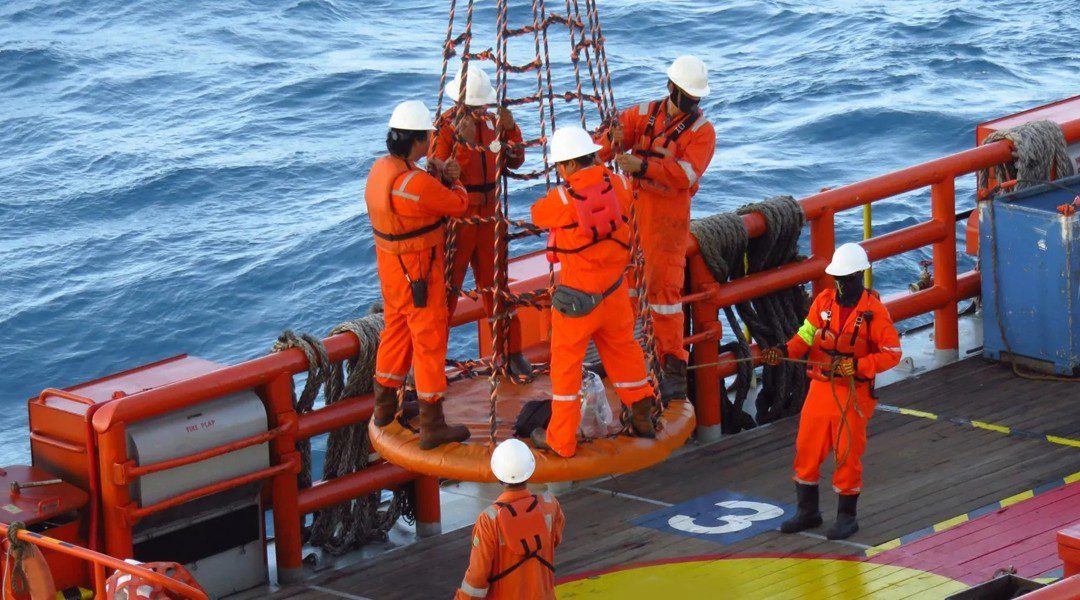Smaller business owners commonly use Small Business Administration (SBA) 7a loans to finance industrial real estate such as warehouses, distribution centers and factories, but with recent interest rate increases, costs of those floating-rate loans are rising. Fortunately, the SBA last year changed the rules to introduce the /504 Loan Program, which provides long-term, fixed-rate financing of up to $5 million for major fixed assets that promote business growth and job creation.
This is a great option for small and medium-sized businesses that make or distribute goods. It releases working capital, counters rising interest rates and ameliorates the effects of declining real estate values. The difference in costs could be dramatic. Instead of paying 10%-12% interest over a year, you’re paying a fixed rate of 6%-7% over 25 years.
Non-bank lenders that specialize in SBA loans also may require only one year of tax return documentation (as opposed to the two years required by traditional banks) and they are better equipped to accurately assess your business. Furthermore, a lender specializing in SBA 504 loans will be experienced in walking you through the multiple processes necessary, and speed things up. Banks, with a wider range of potential lenders to assess, often take many months to approve a loan. Non-bank lenders that have the process down to a science can typically close the deal in 45-60 days.
Non-bank lenders can quickly build a credit profile of the business or the borrower, and tend to have a much more forgiving “credit box”—the range of risk they’re willing to take on—than most banks. This often means a business won’t be penalized for experiencing disruption to cash flow because of COVID-19, or if the company has been in ramp-up mode and has only just hit profitability.






